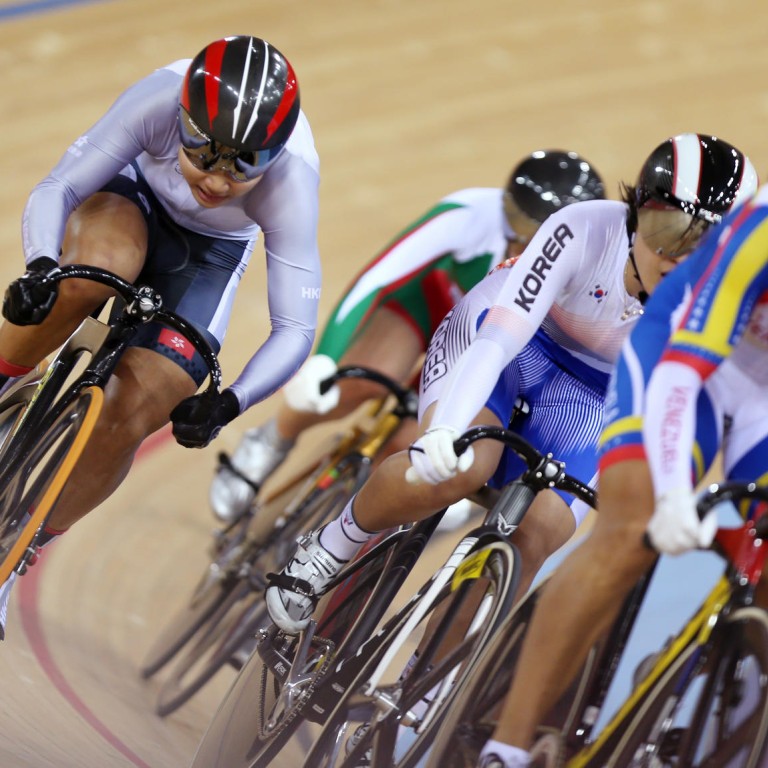
Insight: take time out to smell the roses
I am on holiday from mid-July to late August - a happy result of accumulated leave I would forfeit unless I take it now.
As an academic, my greatest interests are writing, reading and studying social phenomena. These interests are part of my daily life as well. I always have difficulty disengaging from academic endeavours, even during holidays. So I slow down, but I keep on working.
Free from my teaching duties and endless meetings, summer is the only time that I can work uninterrupted on publications. I have spent weeks, working day and night, on research articles targeting international journals. It has been an intensive writing project, so occasionally I have taken a nap in the afternoon and watched the Olympics with my family at night.
Every time I've finished an article, I've taken a break. One Friday I went to Cheung Chau with my husband, and I went to a supermarket another day. I spent over an hour there, enjoying the air-conditioned environment and choosing items. These simple activities make my holiday a real break, as they are luxuries for me during the school year. To have some time to be a housewife and mother is so enjoyable.
This summer, the Olympic Games have added fun and enjoyment. As we watched them, we talked about the Olympic spirit and admired those athletes who performed with calmness, toughness and courage in the face of failure. They are models of the best psychological qualities.
We felt sad when outstanding athletes who performed extremely well still failed to win a medal, whether or not they were Chinese. At the same time, we felt a special excitement when athletes from China and Hong Kong won. It was at those moments that we felt especially "Hong Kong Chinese", an identity that displeases most of our fellow nationals on the mainland.
We talked about this special identity and the unexpected criticism from some on the mainland about the special joy we felt when a Hong Kong cyclist won a bronze medal. All of these moments are part of the informal civic and national education in my home.
My husband and I also exchanged ideas about our attitude to life. Thinking about how I view life and giving those thoughts a bit of an Olympic analogy, I said: "Life is so hard and full of competition."
Surprisingly, my husband replied: "Life is hard when we perceive it as a competition with others. To me, life is a process of self-advancement; we have to win for ourselves, not others."
This insight has turned me away from my preoccupation with competition with other people and redirected my focus to my own self-advancement. I really enjoy and treasure this kind of family conversation. It is simple but meaningful.
I think a blurred boundary between work and personal life is a common condition for many working people in Hong Kong. For me, life as an academic in the city is difficult, exhausting, and filled with stress and competition. No matter how hard I try to manage my workload, I am always overloaded.
In my attempt to achieve a better work-life balance, I try to find meaning in my work, enjoy simple moments of happiness and focus on self-advancement, in addition to my efforts to advocate for a more family-friendly work environment and policies.
Dr Lau Yuk-king is a consultant with the department of social work at the Chinese University
